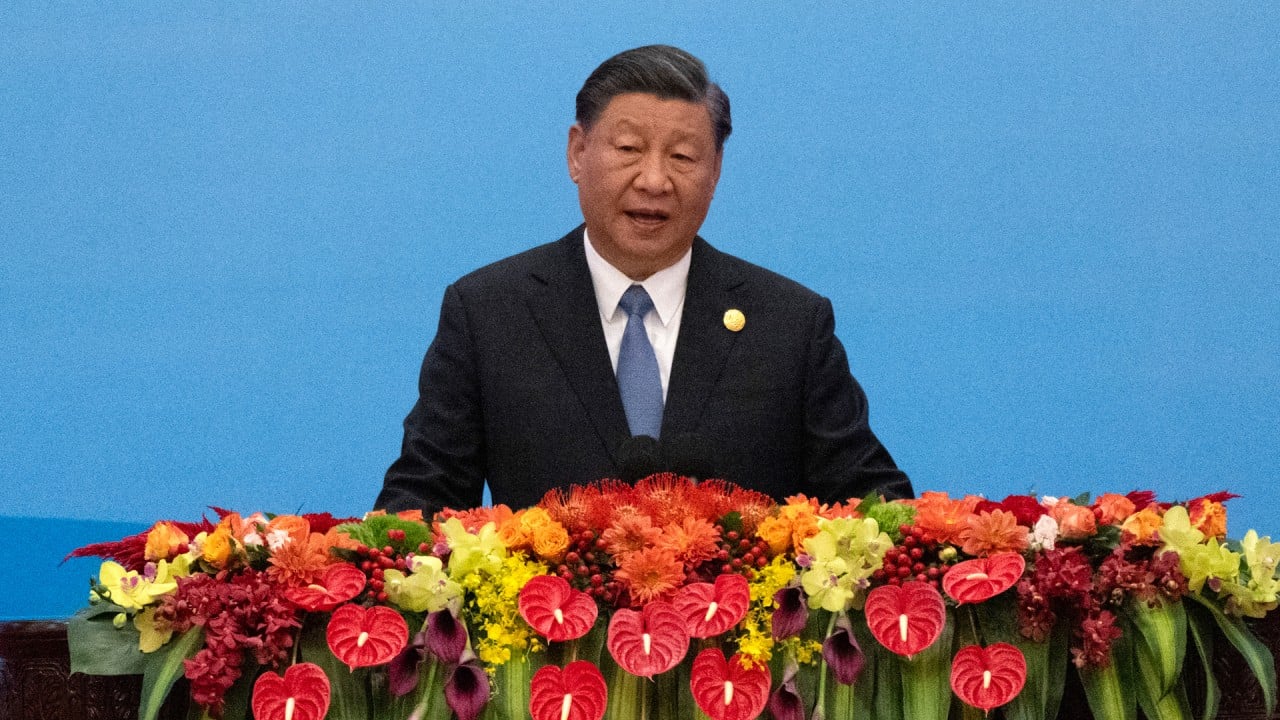The Digital Silk Road (DSR) Development Forum will open on April 16 in Xian, capital of western Shaanxi province, co-organised by the World Internet Conference (WIC) and the Shaanxi provincial government, WIC secretary general Ren Xianliang announced at a news conference in Beijing on Wednesday.
China launched the DSR initiative in 2015 as the technology arm of BRI, with the aim of boosting digital connectivity. WIC, which started as an annual forum, was turned into an “international organisation” in 2022 to further Beijing’s views on how the internet should be managed and developed.
China is trying to retain its role as an important global trade and investment partner in an increasingly fragmented cyberspace and trade landscape. As Beijing is at odds with Western countries in data and cyberspace management, the Chinese government is trying to sway other nations and companies to side with its vision.
“With the digital economy becoming an important engine to drive industrial growth and transition … the launch of the forum will facilitate all parties to build together the digital silk road and narrow the digital divide between BRI countries and regions,” Ren said.
About one-third of the global population, or 2.6 billion people, have yet to connect to the internet, Ren said, citing data from the International Telecommunication Union (ITU). The UN agency, which calls for efforts to bring more people online, said many of those with no access to the internet come from low-income countries.
“[There are people] who are not able to access the internet and enjoy the life-changing benefits that it can bring in the era of digital transformation,” said Cosmas Luckyson Zavazava, director of ITU’s Telecommunication Development Bureau, in a statement published to its official website.
Cross-border e-commerce will be another focus of the forum. The sector is a new area for economic growth amid an uneven global recovery and a slowdown in global trade investments, according to Ren.
The forum will discuss topics ranging from international data cooperation and trade facilitation to e-commerce services and logistics system development, and talent cultivation, with the goal of tapping into the trade potential of BRI partners, widening digital economic cooperation, and advancing the e-commerce sector, Ren said.


